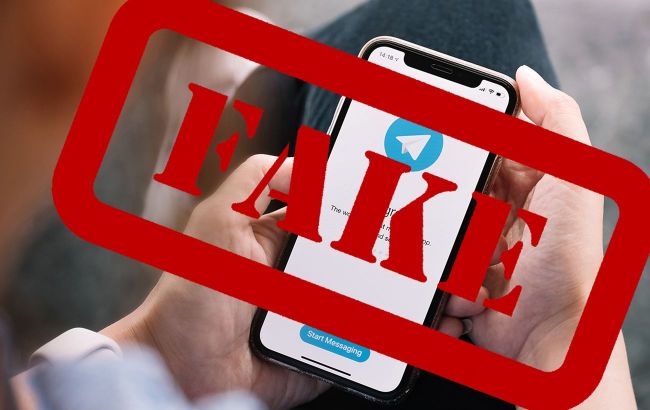Russia prepares new information attacks on Ukraine: Enemy’s goal revealed
 Photo: Russia prepares new information attacks on Ukraine (RBC-Ukraine collage)
Photo: Russia prepares new information attacks on Ukraine (RBC-Ukraine collage)
In the first half of September, Russia will step up propaganda campaigns against Ukraine. The main goal is to discredit security guarantees and the negotiation process, aiming to undermine trust in international support for Kyiv, according to the Center for Countering Disinformation of Ukraine’s National Security and Defense Council.
Information threats for the first half of September 2025:
-
Discrediting security guarantees and the negotiation process.
-
The Zapad-2025 drills in Belarus and the manipulations around them.
-
A campaign to discredit the Ukrainian government’s decision on youth travel abroad.
-
A campaign about "mass repressions in Ukraine."
-
A campaign promoting anti-Ukrainian sentiment in Poland.
-
Stoking fears of possible heating and energy problems in winter.
-
A campaign about "Ukrainian terrorism" in the context of strikes on the Druzhba oil pipeline.
-
Propaganda surrounding the Eastern Economic Forum 2025.
-
Fueling an information campaign ahead of elections in Moldova and Czechia.
-
The parade in Beijing and the manipulations around the event.
The Center for Countering Disinformation noted that Russian propagandists will place the main emphasis on discrediting the topic of security guarantees: spreading claims about their "fictitious nature" and the alleged inability of the West to provide them. The goal of such information attacks is to undermine international support for Ukraine.
In particular, given the Coalition of the Willing format, which is actively discussed among Western allies as a mechanism of security guarantees for Ukraine, Russian propaganda will target discrediting this initiative.
Kremlin propagandists will spread disinformation about supposed internal disagreements among coalition members, the artificial nature of the format, its dependence on the United States, and the absence of effective commitments.
Security guarantees for Ukraine
On August 18, a meeting took place at the White House between US President Donald Trump, Ukrainian President Volodymyr Zelenskyy, and European leaders. The allies discussed security guarantees for Ukraine.
After the White House meeting, President Zelenskyy announced that the details of the guarantees were expected to be agreed upon within 10 days. However, the timeline was later pushed back by another week.
On August 25, US President Donald Trump publicly assured that Europe would provide "significant" guarantees and that the US would stand behind these commitments.
Meanwhile, Italian Prime Minister Giorgia Meloni proposed to European leaders a plan for providing security guarantees to Ukraine in the form of collective assistance, which does not involve NATO membership.
At the same time, the European Union outlined how it would participate in Ukraine’s security guarantees. This includes training and civilian missions, as well as the role of neutral states.
European Commission President Ursula von der Leyen stated that EU countries are working on "pretty precise plans" for the potential deployment of military forces in Ukraine as part of security guarantees after the war ends. These guarantees will be fully backed by US commitments.
Recently, Zelenskyy outlined three key pillars of security guarantees for Ukraine: maintaining the army, cooperation with NATO countries, and sanctions against Russia.

